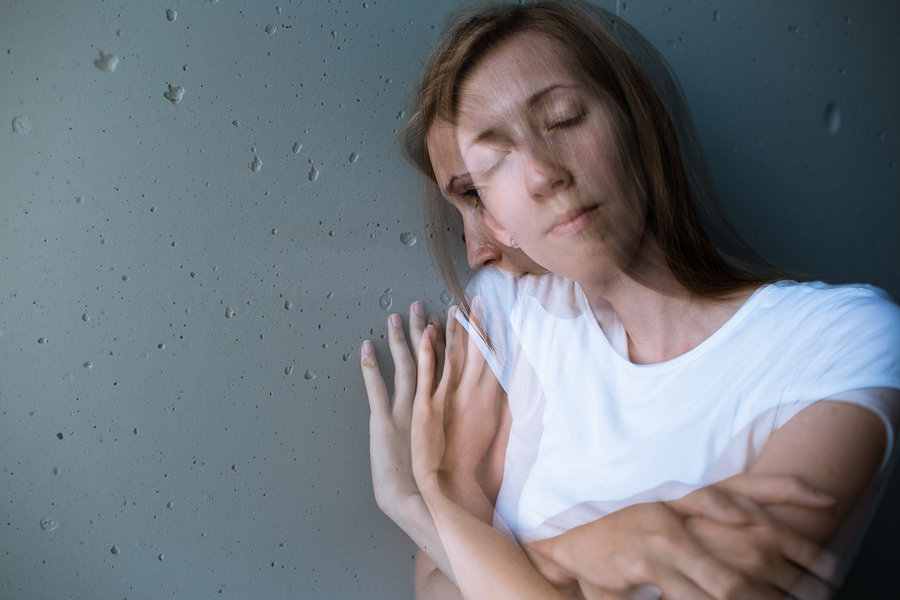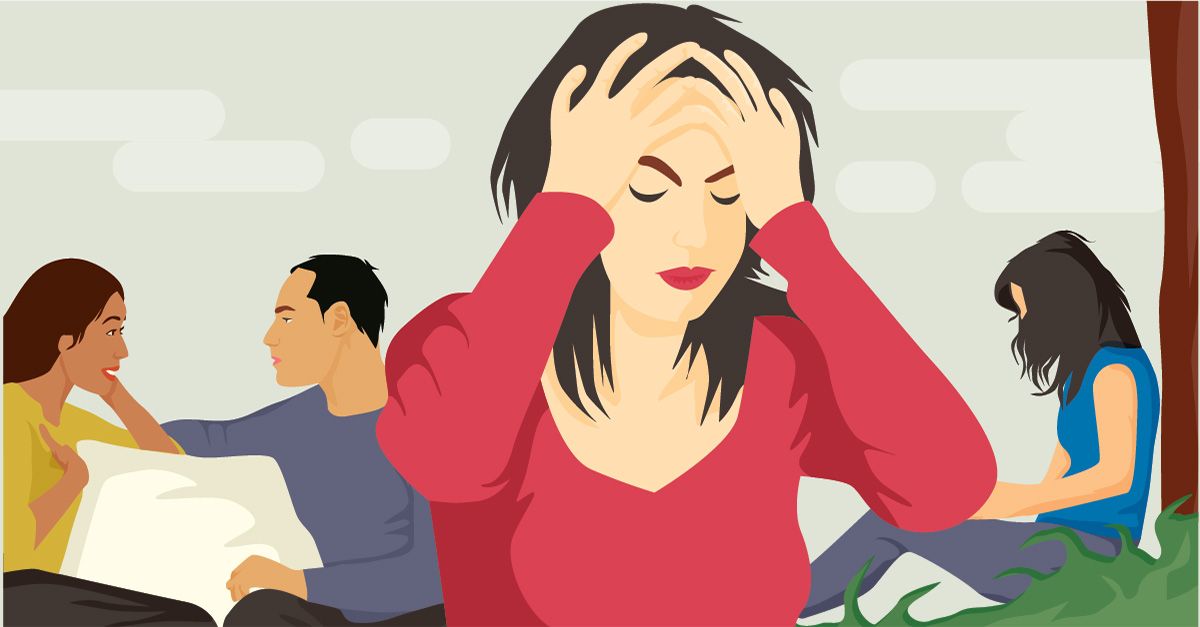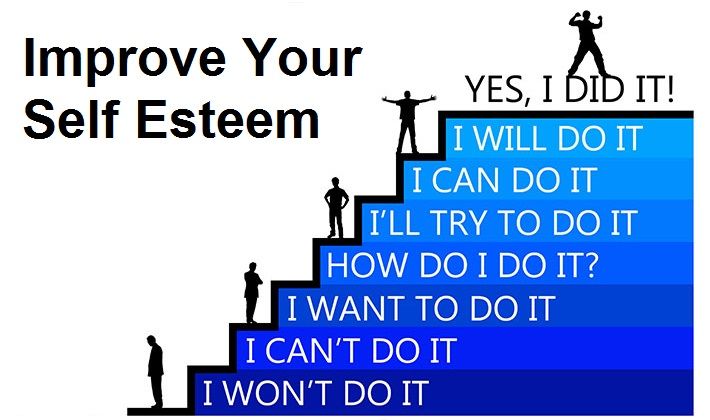Yasmin side effects depression
Yasmin
Drug Class:
Table of Contents
- Overview
- How to Take It
- Side Effects
- Warnings & Precautions
- Drug Interactions
- Dosage & Missing a Dose
- Storage
- Pregnancy or Nursing
- More Information
Overview
Yasmin (Estrogen and Progestin) is an oral contraceptives, also known as birth-control pills, used to prevent ovulation and pregnancy.
It causes changes in your cervical and uterine lining. Combinations of estrogen and progestin are effective by stopping the release of eggs from the ovaries (ovulation) and changing the cervical mucus and the lining of the uterus, making it harder for sperm to reach the uterus and harder for a fertilized egg to attach to the uterus.
This information is for educational purposes only. Not every known side effect, adverse effect, or drug interaction is in this database. If you have questions about your medicines, talk to your health care provider.
How to Take It
Follow the directions for using this medicine provided by your doctor. Oral contraceptives come in packets of 21 or 28 tablets to take by mouth once a day.
Side Effects
Side effects that may occur while taking this medicine include:
- mental depression
- crying
- delusions
- gingivitis
- quick to overreact emotionally
- quickly changing moods
- acne
- weight gain
- irritability
Contact your doctor immediately if you experience:
- severe headache
- sudden loss of coordination
- shortness of breath
- unpleasant breath odor
- severe vomiting
- leg pain
- partial or complete vision loss
- fever
- double vision
- yellow eyes or skin
- speech problems
- unusual bleeding
Warnings & Precautions
- Let your doctor know if you are allergic to estrogen, progestin, or any other medications.

- DO NOT miss doses of Yasmin; if you do, you may not be protected from pregnancy. Use a backup method of birth control for 7 to 9 days or until the end of the cycle.
- DO NOT take Yasmin if you have circulation problems, uncontrolled high blood pressure, diabetes, problems with your kidneys or eyes, or liver disease.
- Tell your doctor or dentist that you are taking oral contraceptives if you are having any kind of surgery, including dental surgery.
- DO NOT take Yasmin if you smoke and are over the age of 35.
- Inform your doctor if you have or have ever had seizures, depression, breast lumps or cancer; or family history of cancer.
- For an overdose, seek medical attention immediately. For non emergencies, contact your local or regional poison control center at 1-800-222-1222.
Drug Interactions
Before taking any new medicine, either prescription or over-the-counter, check with your doctor or pharmacist.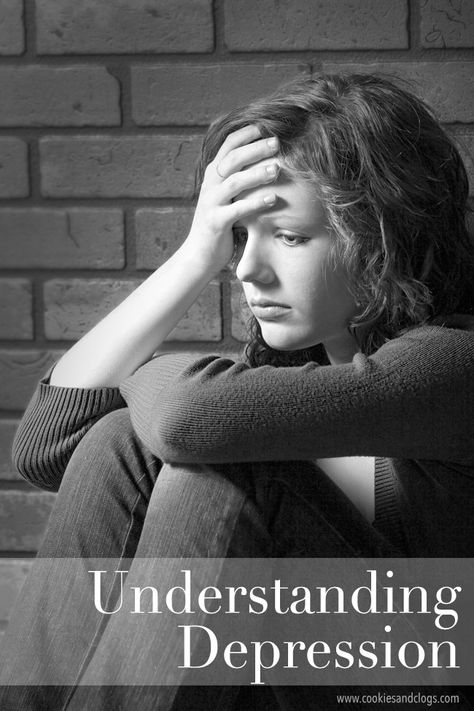 This includes supplements and herbal products.
This includes supplements and herbal products.
Dosage & Missed Dose
Take Yasmin exactly as prescribed by your doctor, and follow the directions on your prescription label. Take one pill every day, no more than 24 hours apart.
You may need to use back-up birth control, such as condoms or a spermicide, when you first start using this medication.
Be sure to get your prescription refilled before you finish a pack of pills, so you do not miss a day. When the pills run out, start a new pack the following day. You may get pregnant if you do not take one pill daily.
Take your next dose as soon as you remember. If it is time for your next dose, skip the missed dose and go back to your regular schedule. Do not double doses or take extra medicine to make up for the missed dose.
Storage
Keep this medication in the container it came in, tightly closed, and out of reach of children. Store it at room temperature and away from excess heat and moisture (preferably not in the bathroom). Throw away any medication that is outdated or no longer needed.
Throw away any medication that is outdated or no longer needed.
Pregnancy/Nursing
Do not use Yasmin if you are pregnant or if you have recently had a baby.
More Information
For more information, talk to your doctor, pharmacist or health care provider, or you can visit this website, https://www.nlm.nih.gov/medlineplus/druginfo/meds/a601050.html for additional information from the manufacturer of this drug.
Feel like a different person on the pill? Here’s how it affects your mood |
Science Mar 26, 2020 / Sarah E. Hill PhD
Dingding Hu
If you think your contraception is making you anxious or depressed, you’re not imagining things. Evolutionary psychologist Sarah E. Hill explains what happens to your brain on birth control.
Most women know at least one or two other women who have had a bad reaction to the pill. In fact, the question that many of us have about the pill: “Why does the pill make me crazy?”
Before I get into what the research says about all this, let me just address the elephant in the room — the whole thing about women’s sex hormones influencing mood. Which they do. This might be the world’s oldest cliché about women, but that doesn’t make it any less true. Women’s sex hormones influence women’s moods. Men’s sex hormones affect men’s moods. It would be impossible for them not to.
Which they do. This might be the world’s oldest cliché about women, but that doesn’t make it any less true. Women’s sex hormones influence women’s moods. Men’s sex hormones affect men’s moods. It would be impossible for them not to.
Back to the question. To start with, all of us feel a little crazy sometimes. Life is hard and can make anyone feel anxious and overwhelmed at times. For some women, being on the pill can magnify these feelings, leading to anxiety disorders and depression. But if these things happen to you, it doesn’t mean you’re crazy; it just means you’re on the wrong pill.
Mood-related issues like anxiety and depression are super-common among women on the pill. Almost half of all women who go on the pill stop using it within the first year because of intolerable side effects, and the one most frequently cited is unpleasant changes in mood. Sometimes it’s intolerable anxiety; other times, it’s intolerable depression; or maybe both simultaneously. And even though some women’s doctors may tell them that those mood changes aren’t real or important, a growing body of research suggests otherwise.
And even though some women’s doctors may tell them that those mood changes aren’t real or important, a growing body of research suggests otherwise.
The Scandinavian nation of Denmark is home to a number of nationwide registers, collections of data from its citizens on different health and social issues. Because all Danish citizens have a unique personal identification number, researchers have been able to link individual people’s data across different registers, giving them access to tons of information about patterns of health and social behavior in a whole population.
From these registers, we’ve learned valuable lessons about the powerful effects that the birth control pill can have on mood. In the first of these studies, the researchers looked at the records of all the healthy, nondepressed women living in Denmark between the ages of 15 and 34. They then followed the prescription and mental health records of these women (more than a million of them) for 14 years to see whether going on hormonal contraceptives influenced the likelihood of later being diagnosed with depression or being prescribed antidepressants.
The researchers found that women on hormonal contraceptives were 50 percent more likely to be diagnosed with depression six months later, compared with women who were not prescribed hormonal contraceptives during this time. They also found the women on hormonal contraceptives were 40 percent more likely to be prescribed an antidepressant than were women who weren’t prescribed hormonal contraceptives during this time. The results of this study, as well as others, suggest the pill can increase some women’s risk of depression. This seemed particularly true for non-oral products (such as a patch, vaginal ring or hormonal IUD) and for young women (ages 15 to 19), whose brains are not yet done developing and may be more prone to the influence of hormonal signaling.
As a scientist, I’m obliged to point out we don’t know for sure that the pills caused this increase. Correlation doesn’t equal causation. It’s possible the researchers found pill taking and depression to be related because they were each related to some other third variable. For instance, women who seek medical interventions to prevent pregnancy might be more likely to seek medical interventions for depression. Or, getting into a new sexual relationship (which can prompt a pill prescription) could be what’s increasing women’s depression risk.
For instance, women who seek medical interventions to prevent pregnancy might be more likely to seek medical interventions for depression. Or, getting into a new sexual relationship (which can prompt a pill prescription) could be what’s increasing women’s depression risk.
However, the researchers statistically tested for the influence of a number of third variables, and each of these tests found that hormonal contraceptives predicted depression risk even after statistically controlling for these third variables. Even though this wasn’t a double-blind, placebo-controlled experiment, the researchers took great care with their study design and data analysis and the results were published in the New England Journal of Medicine, the top medical journal in the US.
More recently, the same team looked at whether hormonal contraceptives might increase women’s risk of suicide. Researchers tracked hormonal contraceptive usage and suicide attempts and deaths in all Danish women who’d turned 15 between 1996 and 2013. (As in their prior study, they did not include any women who had previously diagnosed psychological problems or who had used antidepressants. They also didn’t include women already on hormonal contraceptives when they entered the study.) They followed the women for an average of eight years and then compared the likelihood of having attempted or successfully committed suicide among the women who were prescribed hormonal contraceptives and those who were not.
(As in their prior study, they did not include any women who had previously diagnosed psychological problems or who had used antidepressants. They also didn’t include women already on hormonal contraceptives when they entered the study.) They followed the women for an average of eight years and then compared the likelihood of having attempted or successfully committed suicide among the women who were prescribed hormonal contraceptives and those who were not.
The women on hormonal contraceptives were twice as likely to have attempted suicide during this time than the women not on hormonal contraceptives. But the risk of successful suicide attempts was actually higher: It was triple that of women not on hormonal contraceptives. As with depression risk, the biggest negative impact of hormonal contraceptives on suicide risk was found for young women (ages 15 to 19) on non-oral products.
When it comes to why the pill can mess with your mood, the two systems that shoulder most of the blame are the HPA axis and some of our neurotransmitter systems. First, the HPA axis (or hypothalamic-pituitary-adrenal axis). It’s made up of three systems working together — the hypothalamus, the pituitary gland, the adrenal glands — and plays a central role in the body’s stress response. The type of blunting of the HPA axis we tend to see in pill-taking women is a known contributor to mental health problems, including the types of mood disturbances characteristic of PTSD. Because lacking the biological tools necessary to deal with stress literally harms your ability to cope, having a broken stress response might be a key player in the development of anxiety and depression. It could also harm emotional well-being in indirect ways through its negative impact on our ability to absorb emotionally meaningful events from our environments.
First, the HPA axis (or hypothalamic-pituitary-adrenal axis). It’s made up of three systems working together — the hypothalamus, the pituitary gland, the adrenal glands — and plays a central role in the body’s stress response. The type of blunting of the HPA axis we tend to see in pill-taking women is a known contributor to mental health problems, including the types of mood disturbances characteristic of PTSD. Because lacking the biological tools necessary to deal with stress literally harms your ability to cope, having a broken stress response might be a key player in the development of anxiety and depression. It could also harm emotional well-being in indirect ways through its negative impact on our ability to absorb emotionally meaningful events from our environments.
The second piece is the role that neurotransmitter systems play in making women feel lousy on the pill. Before I explain, I need you to know three quick things.
Quick Thing 1: Neurotransmitters are chemicals that the brain uses to communicate with itself and the rest of the body.
Quick Thing 2: Excitatory neurotransmitters tell your brain cells to get ready for action, making them more likely to fire off messages to other brain cells.
Quick Thing 3: Inhibitory neurotransmitters tell your brain cells to slow their roll, making them less likely to fire off messages to other cells in the brain.
The most prevalent and frequently used inhibitory neurotransmitter in the brain is GABA. It’s often on the scene in a big way when your brain is trying to slow itself down. GABA gets released when you’re relaxing in your PJ pants, and it’s also released when doing things like meditation and yoga.
Interestingly, you can get a relaxed GABA-rific experience from other things that stimulate GABA receptors, such as alcohol and benzodiazepines like Xanax. And our bodies actually produce compounds that work much like alcohol and Xanax. One of the most powerful is allopregnanolone, a neurosteroid. It gets synthesized when progesterone is broken down in the body and has the effect of kick-starting action by your GABA receptors.
Unfortunately for women on the pill, the artificial progestins in the pill don’t seem to offer this same benefit. In fact, research suggests that women on the pill may have lower levels of these natural sedatives relative to what’s observed in its absence, regardless of the point in the cycle.
This can mean bad news for women’s mental health. When GABA receptors aren’t properly stimulated, it’s known to make people feel anxious, overwhelmed and depressed. A number of mental-health-related issues, including panic disorder, depression, bipolar disorder and the mood-related symptoms of PMS, are characterized by lower-than-average levels of GABAergic activity. Lack of such activity can also increase a person’s risk of alcohol dependence.
Research suggests that changes in dopamine and serotonin signaling may also play a role in mood-related changes seen on the pill. Dopamine and serotonin, like GABA, are neurotransmitters. These chemicals come on the scene when we’re spending time with people we love, eating hot fudge sundaes, falling in love, having sex and having orgasms.
Not surprisingly, these neurotransmitter systems change what they do in response to women’s cyclically changing sex hormones. In particular, the research finds that estrogen makes rewarding things feel even more rewarding than they do in its absence and that progesterone attenuates these effects. Estrogen makes sex feel sexier, chocolate taste yummier, and getting status boosts feel boost-ier.
Given that the pill keeps estrogen levels low across the cycle and stimulates progesterone receptors, it’s possible the pill might have the effect of dampening reward processing in the brain. And if the world seems unrewarding, this makes us feel depressed. One hallmark symptom of depression is that people no longer find pleasure in things that they used to find pleasure in. So it’s also possible that the pill might increase a person’s risk of depression by making pleasure less pleasurable. Consistent with this idea, research finds that pill-taking women — when compared with their naturally cycling counterparts — have a blunted positive emotional response to happy things and don’t experience activity in the reward centers of their brains when looking at pictures of their romantic partners.
It seems pretty clear from the research that the pill can cause some women some pretty serious problems with their mental health, but the science isn’t yet at a point where we can make strong predictions about exactly what’s going to happen to whom, and on what.
However, according to the research, you might have a greater risk of experiencing negative mood effects on the pill if:
- You have a history of depression or mental illness (although there is also evidence that the pill can stabilize mood in certain women with mental illness).
- You have a personal or family history of mood-related side effects on the birth control pill.
- You are taking progestin-only pills.
- You are using a non-oral product.
- You are taking multi-phasic pills (pills with an increasing dose of hormones across the cycle rather than a constant dose).
- You are 19 or younger.
These bullet points can give you a starting point to initiate a conversation with your doctor about any mental health concerns. They aren’t your fate, though. Even if you’re an 18-year-old with a family history of depression and you’re on the birth control patch, if you aren’t experiencing signs of troubled mental health, the chances are incredibly low that you’re going to suddenly develop mood problems from birth control. This is especially true if you’ve been on it for a while and seem to be tolerating it well.
They aren’t your fate, though. Even if you’re an 18-year-old with a family history of depression and you’re on the birth control patch, if you aren’t experiencing signs of troubled mental health, the chances are incredibly low that you’re going to suddenly develop mood problems from birth control. This is especially true if you’ve been on it for a while and seem to be tolerating it well.
What’s more, while some women experience negative mood changes on the pill, some women experience the opposite reaction. They feel a whole lot better and mentally healthier on the pill than off it. Research also finds that the pill can offer huge mood-stabilizing benefits to women who have severe PMS.
The most critical thing about the pill’s effects will come from you: How do you feel on it?
Any time you start a new pill, please let someone close to you know about it. Ask them to make note and tell you if they notice any changes in your behavior that might suggest the onset of depression.
Because the hormones in the pill influence what the brain does, it’s almost impossible to separate out what the hormones are doing from who we are. We feel like the version of reality that is created by our brain on the pill is real. This can make it difficult to notice depression creeping in. Rather than feeling like the pill is messing with our mood, it just feels like our life is getting crappier or our job has gotten more stressful. If you tell your person that you are trying a new pill, they may be able to help you recognize problems that start to develop so that you can look for a new pill or an alternative means of protecting yourself from pregnancy.
On top of this, consider keeping a journal. If possible, start it before going on the pill so you have a log of how you were feeling before and after. Having hard evidence of your mood prior to the pill can be a good way for you to think about your past more objectively, making it easier to recognize any changes. In each entry, make note of your mood, energy level and well-being using some sort of scale (1=”I feel sad/anxious” and 10=”I feel great”). This will help you keep tabs on how things change for you (or not) when trying out a new pill.
In each entry, make note of your mood, energy level and well-being using some sort of scale (1=”I feel sad/anxious” and 10=”I feel great”). This will help you keep tabs on how things change for you (or not) when trying out a new pill.
If you’re already on the pill, it’s not too late to keep track of how you’re feeling. Make a note of your patterns. If you have more happy days than sad ones, that probably means everything’s on the right track. None of us feel happy all the time, but we should feel happier more often than sad when things in our lives are going well. If you have fewer happy days than you think you should, talk to your doctor. It could be time to try a new pill or address an issue with your mental health that you’ve let go too long.
Excerpted with permission from the new book This Is Your Brain on Birth Control: The Surprising Science of Women, Hormones, and the Law of Unintended Consequences by Sarah E. Hill PhD. Published by Avery, an imprint of Penguin Random House, LLC. © 2019 by Sarah E. Hill.
© 2019 by Sarah E. Hill.
Watch her TEDxVienna Talk now:
"Birth control pills have made my life a nightmare"
Millions of women take birth control pills, and many are quite happy. However, there are times when these pills have a detrimental effect on the psyche.
Vicki Spratt, Associate Editor of The Debrief, tells how she battled depression, anxiety and panic attacks for years while trying to find the right medication.
How it all started o
My mother and I came to my local doctor with a complaint that my periods had not ended for three weeks. She recommended birth control pills for me - with some reservations, of course. Pills do not protect against sexually transmitted diseases, the doctor stressed, and unprotected sex can lead to the development of cervical cancer. She was forced to say this, although I was only 14 years old, and I thought about sex last.
She recommended birth control pills for me - with some reservations, of course. Pills do not protect against sexually transmitted diseases, the doctor stressed, and unprotected sex can lead to the development of cervical cancer. She was forced to say this, although I was only 14 years old, and I thought about sex last.
Image copyright VICKY SPRATT
The nurse filled out the prescription and I ended up with a three month supply of oral contraceptives. Going to the pharmacy for green blisters with tiny yellow pills I took as a kind of rite of passage into women. These were not just pills, but a sweetened concentrate of feminism, the struggle for women's rights, medical progress.
That's how it all started. It was 14 years ago, and since then I have been "playing drug roulette" for more than ten years, testing various drugs on myself with varying success. At the same time, I began to experience anxiety, depression, and mood swings that, with minor interruptions, haunted me all my adult life.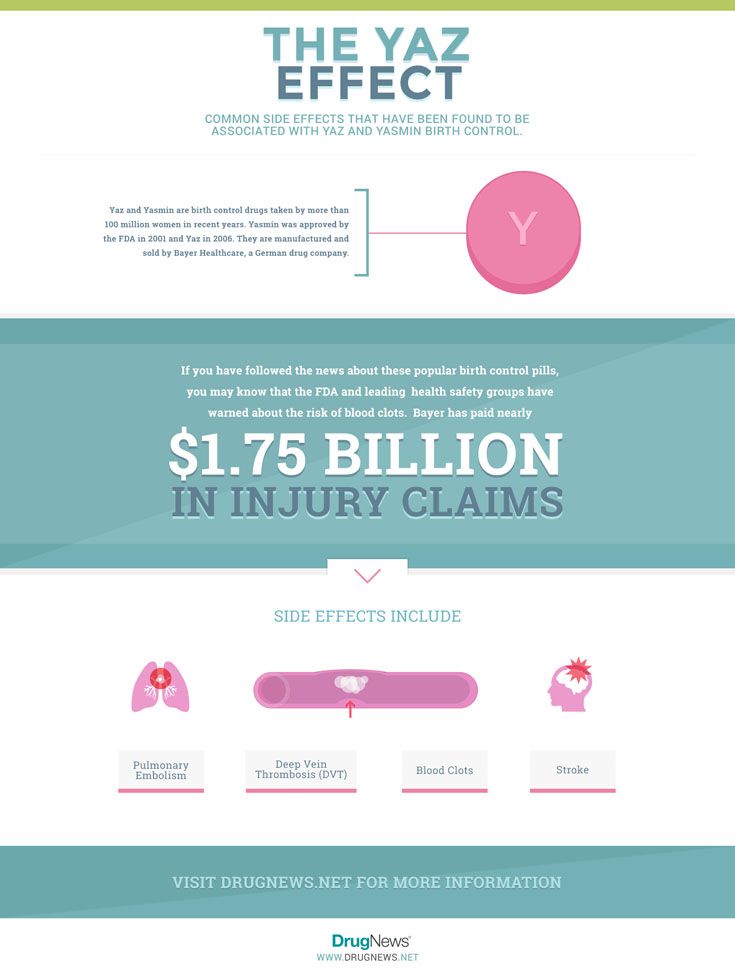
I had several failed romances and had to miss a year of university. All this I attributed to my shortcomings. Like, such a person I am: unadapted to life, insecure, unhappy. It wasn't until my 20s, when I had already graduated from university and my mental and behavioral problems could no longer be attributed to "difficult adolescence", that I first seriously thought about the side effects of pills.
Image copyright BSIP/Getty
Types of birth control pills
There are two main types of birth control pills: combination pills, which contain estrogen and progestin (a synthetic form of progesterone), and "pure progestin pills" or "mini pills," which contain only one hormone (progestin).
- Combination tablets are available under many different names. They differ in dosage and ratio of estrogen and progestin.
- Progestin tablets also vary depending on the combination of norethisterone or desogestrel in their composition.

- Many women experience individual intolerance to certain components of hormonal contraceptives.
Pass the POSSIST
POCAST
SHO TS BULO
GOLD ISTORIA TIZHNYA, Yaku explain our journalism
VIPASS
POCAST
Once after the next Panic Job, and as a result and started looking for information on Google. The day before, I switched to new progestin contraceptives, which I was prescribed because of a migraine. As it turned out, combination pills are contraindicated for those who suffer from migraine with aura.
I searched for the name of my drug and the words "depression" and "anxiety". The Internet immediately showed me forum threads and posts by bloggers who were suffering from the same symptoms as me.
By that time, I had already gone to my local doctor several times complaining of sudden and powerful panic attacks - this had never happened before. The topic of contraceptives never came up in the conversation, despite the fact that the attacks occurred simultaneously with the transition to new pills. Instead, I was prescribed a large dose of beta-blockers - drugs that treat anxiety - and advised to take a course of cognitive-behavioral therapy.
The topic of contraceptives never came up in the conversation, despite the fact that the attacks occurred simultaneously with the transition to new pills. Instead, I was prescribed a large dose of beta-blockers - drugs that treat anxiety - and advised to take a course of cognitive-behavioral therapy.
So I lived for about six to eight months. I can't say for sure, because this period in my memory is very blurred and accelerated, because the feeling of anxiety and danger was constantly pulsing in my veins.
Image credit: BSIP/Getty
Learn more
The Debrief conducted a survey of 1,022 female readers aged 18 to 30:
- .
- Of these, 45% suffered from anxiety, the other 45% from depression.
- 46% said the pills reduced their sex drive.
- 58% believe the pills have had a negative impact on their mental health.

- 4% speak of the positive effect of the tablets.
I would like to laugh when I think about it. This is how all good stories should end, right? But there was nothing funny about what I went through. It was horror. I felt fear all the time. I did not recognize myself, did not love and could not live in peace. I didn’t know what to do, who to turn to and whether this would end. In addition to anxiety, I was seized by apathy. I felt like a complete mediocrity and blamed only myself for what was happening.
Thinking I was crazy, I told my doctor that I "felt like I'm not myself, but someone else," as if my brain had become moldy and shrunken.
"Don't you think it has something to do with my pills?" I asked. I remember the expression on her face: she was trying to keep a neutral look, but she could hardly contain her sarcasm. I explained that six of the seven types of pills I was taking had a negative effect on my well-being. The only exception was high estrogen pills, which made me feel like a superwoman for a year until they were discontinued (partly due to migraines, partly because long-term use of this drug increases the risk of thrombosis).
The only exception was high estrogen pills, which made me feel like a superwoman for a year until they were discontinued (partly due to migraines, partly because long-term use of this drug increases the risk of thrombosis).
Having mastered herself, the doctor said categorically "no": my problems are not related to pills.
However, I didn't listen to her or my therapist and stopped taking progestin pills.
What happened next, I can only call a gradual and careful return of my "I". After three to four weeks, I stopped taking beta-blockers. To this day, I always carry them with me in my purse in case I fall "off the high rock of my consciousness" again. However, for three and a half years they were never needed.
Of course, my problems didn't disappear overnight, but the panic attacks stopped. None have happened over the years. From time to time I experience depression, anxiety and stress, but not to the extent that when I took the progestin pills. I remembered what joy is. My sex drive has returned. I stopped being afraid of everyone and everyone.
I remembered what joy is. My sex drive has returned. I stopped being afraid of everyone and everyone.
A year after the panic attacks stopped, I went on a solo trip to the other side of the world. A year earlier, this would have been unthinkable. Sitting on a distant tropical beach under a warm thunderstorm, I suddenly burst into tears of joy. What a relief it was that I became myself again, that I can control my thoughts, that I was not mistaken - I really know myself better than the doctors assured me.
I am now 28 years old and no longer take hormonal contraceptives. With the exception of mild mood swings during the day before my period, I was completely free from anxiety, depression, and panic attacks.
Image copyright VICKY SPRATT
Ever since I lost myself on progestin pills and found myself again on a South Asian beach, my problem has gradually begun to attract more and more attention. In 2013, Holly Grigg Spall's book Sweetening The Pill was published, in which the author stated the impact of hormonal contraception on women's mental health.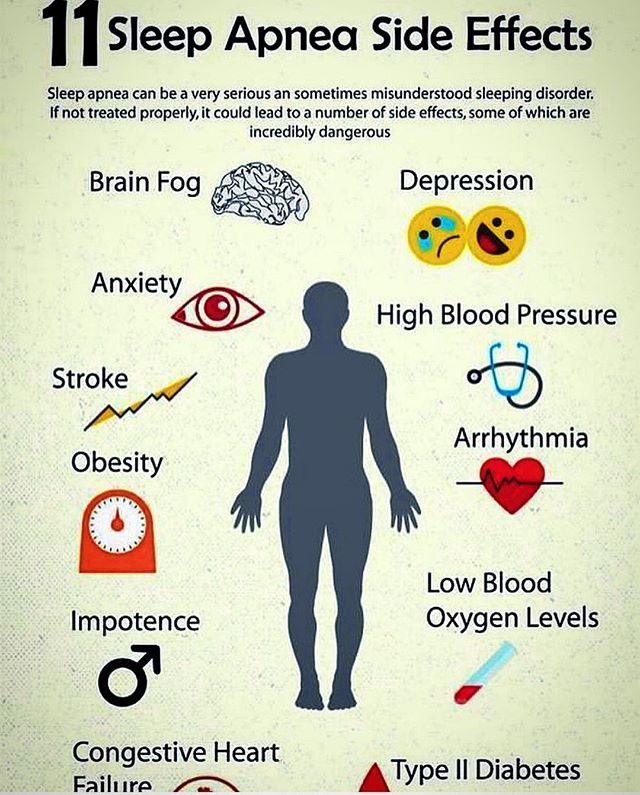
In addition, an important study was conducted: Professor Øyvind Lidegaard from the University of Copenhagen found that women who take birth control pills (both combined and progestin) are more likely to be prescribed antidepressants than others. This difference was especially noticeable among young women aged 15-19 who took the combination pill.
Lidegaard was able to carry out this study because he was given access to the health records of over a million Danish women aged 15 to 34.
After reading about this study, I sent an information request to the National Health Service. As a journalist for The Debrief, I knew that many British women also suffer from such effects of pills - our readers complained to us almost daily. I asked how many women take birth control pills along with antidepressants or beta-blockers. I was told that their system does not yet allow sampling of this data.
Pills and depression
Here is what Professor Helen Stokes-Lampard, President of the Royal College of Physicians says:
"Hormones have been proven to affect mood - both positively and negatively.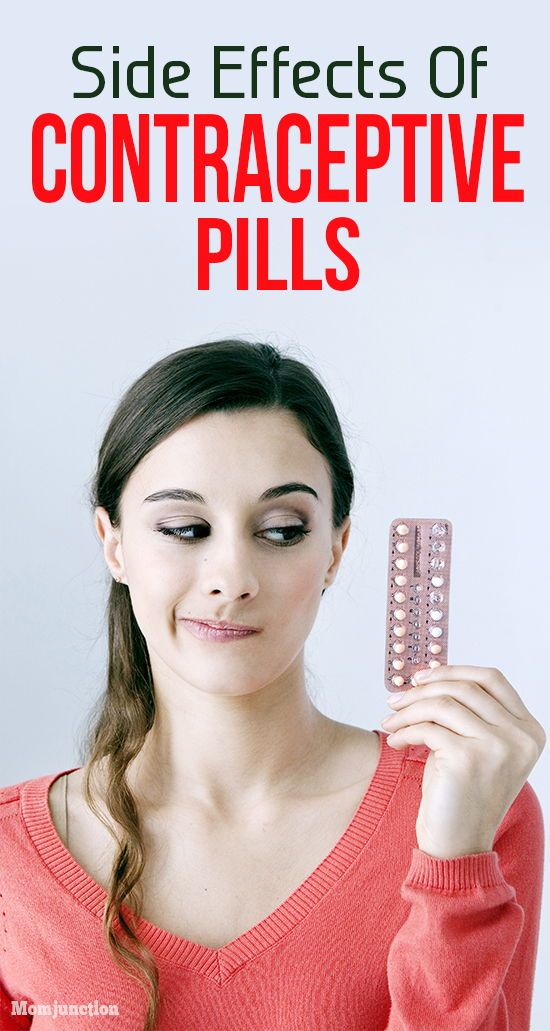 For most women, reliable contraception and regulation of the menstrual cycle are undeniable the benefits outweigh the side effects, if any. In addition, many women claim that hormonal drugs improve their mood.
For most women, reliable contraception and regulation of the menstrual cycle are undeniable the benefits outweigh the side effects, if any. In addition, many women claim that hormonal drugs improve their mood.
If a woman thinks that contraceptives are negatively affecting her mood, she should see a doctor. "
Depression is now considered a possible but rare side effect of hormonal contraceptives, according to the instructions that come with the pills. The National Health Service website refers to "mood swings" without directly naming depression, anxiety, or panic attacks.
You don't have to give up pills, but you don't have to put up with the negative side effects that keep us from living. We need information to make a choice. We need more thorough research on the effect of hormonal contraceptives on the female psyche, monitoring the reaction of patients, more support for those who suffer from serious side effects. Women should not feel ignored or not taken seriously.
Vicki Spratt is Associate Editor of The Debrief, website for women in their 20s and 30s. Now this site publishes a series of materials " Mad About The Pill ".
uses, side effects and warnings
contents
introduction
Yaz and Yasmin are birth control pills. Both are commercial drugs that also have generic versions. This article talks about how these drugs are similar and how they differ. This information can help you decide if Yaz or Yasmin is right for you.
Use, dosage and storage
Use, dosage and storage requirements for Yaz and Yasmin are generally similar.
Koristiti
Like all birth control pills, Yaz and Yasmin are primarily used to prevent pregnancy in women of childbearing age. Yasmin is only approved for this use, but Yaz has also been approved by the Food and Drug Administration (FDA) for two other uses.
Pregnancy Prevention
Yaz and Yasmin contain slightly different amounts of two female hormones: ethinyl estradiol (estrogen) and drospirenone (progestin). These hormones reduce the risk of pregnancy by stopping ovulation (the release of an egg from one of your ovaries) and causing other changes in the uterus and uterus, making pregnancy difficult.
These hormones reduce the risk of pregnancy by stopping ovulation (the release of an egg from one of your ovaries) and causing other changes in the uterus and uterus, making pregnancy difficult.
Treatment of premenstrual dysphoric disorder (PMDD)
In this condition, a woman may feel very depressed, anxious or irritable. These symptoms usually appear a few days before the onset of menstruation in women. PMDD is more severe than premenstrual syndrome (PMS). Yaz has been approved for the treatment of PMDD. Yasmin is not approved for the treatment of PMDD.
Acne treatment
Yaz is approved for the treatment of moderate acne in women aged 14 years and older who also need oral contraception. Yasmine is not approved for the treatment of acne.
Both Yaz and Yasmin do not protect against HIV infection. They also do not protect against other sexually transmitted infections.
dosage
Yaz and Yasmin are tablets that you take by mouth. They come in blister packs of 28 tablets per pack. In each package, most pills contain hormones, while others do not. You take one tablet per day for 28 days for each cycle.
In each package, most pills contain hormones, while others do not. You take one tablet per day for 28 days for each cycle.
For Yaz:
- Take one pink hormone tablet every day for 24 days.
- Then take one hormone-free white tablet each day for 4 days.
for Yasmin:
- Take one yellow hormone tablet every day for 21 days.
- Then take one hormone-free white tablet daily for 7 days.
Warehouse
Yaz and Yasmin blister packs should be stored at room temperature.
Cost, coverage and availability
Yaz and Yasmin may not be covered by your drug insurance because they are both drugs.
Many insurance companies are more likely to cover generic products than brand name drugs. This is because generic drugs are cheaper. Generic versions of Yaz and Yasmin are available, so your doctor may prescribe the generic version. Common versions of Yaza include Gianvi, Loryna and Vestura. The general version of Yasmin is Ocella.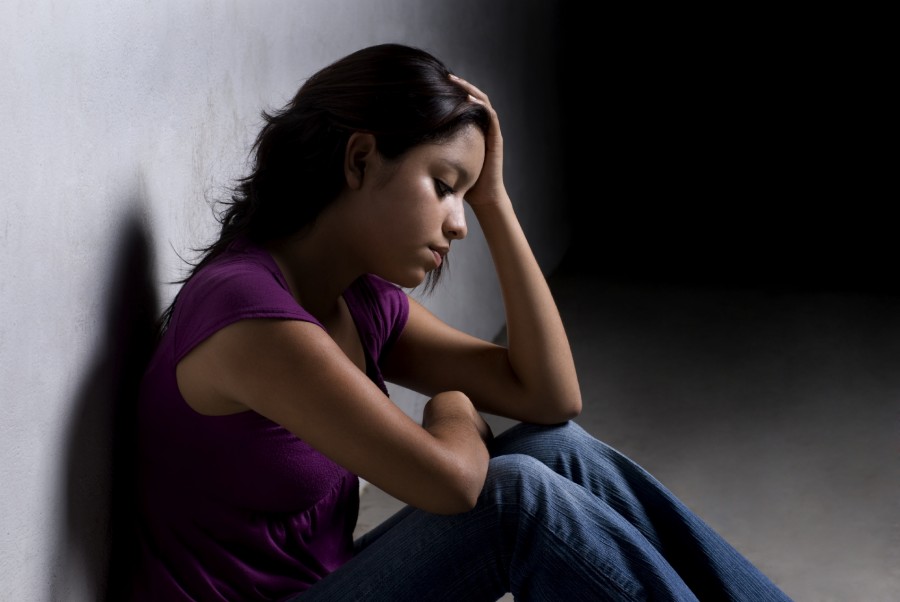
If you are not insured, you will pay cash for Yaz, Yasmin or generic. This cost may be higher for brands than for generic drugs.
Both Yaz and Yasmin are available from most pharmacies.
Nuspoyave
All medicines may cause side effects. Some of them are more common and may disappear after a few days. Others are more serious. These side effects may require medical attention. When choosing a drug, consider all side effects.
Yaz and Yasmin cause the same side effects. However, pills contain different amounts of hormones, so the frequency of side effects may vary.
Common side effects
Yaz, Yasmin and other birth control pills have similar common side effects. This includes:
- nausea or vomiting
- bleeding between periods
- weight gain
- breast tenderness
- headache
- problem with contact lens wearing (hormonal products can change the way lenses fit)
Serious side effects
Serious side effects of Yaz and Yasmin are similar. These side effects are rare in healthy women. This includes:
These side effects are rare in healthy women. This includes:
- Blood clots
- high blood pressure
- diabetes
- high potassium levels (may cause heart rhythm problems)
- liver tumors (rare; may or may not be carcinomas)
drug interactions
When a substance changes the way a drug works, this is called an interaction. Interactions may cause harm or interfere with the action of the drug.
Some medicines may work with all birth control pills, including Yaz and Yasmin. For example, they can interfere with birth control pills to prevent pregnancy. Examples of medications that may affect Yaz or Yasmin include:
- TB drugs such as rifabutin or rifampin
- Levotyroxin (thyroid preparation)
- Clarges or ritonavir
- , such as fenitoin, Karbamazepini or Karparisa
- or erythromycin
- cholesterol medicines such as atorvastatin or rosuvastatin
- antifungals such as itraconazole, voriconazole or fluconazole
- pain relievers such as morphine or acetaminophen
- drugs to prevent organ transplant rejection such as mycophenolate
- drugs to lower blood pressure such as enalapril, lisinopril, losartan or valsartan
- anti-inflammatory drugs such as aspirin, ibuprofen or naproxen sodium
If you are taking any of these medicines with Yaz or Yasmina, you may need an additional method of birth control. They can increase bleeding between periods or increase potassium levels.
They can increase bleeding between periods or increase potassium levels.
Talk to your doctor to find out if Yaz or Yasmin may interact with another medicine you are taking. Be sure to tell your doctor about any medications, vitamins, or herbs you are taking.
Use with other conditions
General health needs to be taken into account when choosing a remedy. If you have a condition or disease, certain medications may make the condition worse. The effects of Yaz and Yasmine will be the same for any health condition.
Many women can safely use these tablets. However, in some cases they should be avoided.
Do not use Yaz or Yasmin if:
- you are pregnant or think you might be pregnant
- you smoke and are over 35 years of age
Also avoid Yaz or Yasmin if you have:
- problems with blood clotting, such as:
- history of blood clots
- history of stroke
- history of heart attack
- certain heart valve or rhythm problems that can cause blood clots in your heart
- a blood problem that runs in your family (runs in your family) and causes your blood clot to become larger usually
- high blood pressure not controlled by medication
- diabetes that has affected the kidneys, eyes, nerves, or blood vessels
- history of severe migraine headaches with symptoms of aura, stiffness, weakness, or vision changes
- a history of breast cancer or any cancer affected by female hormones
- liver disease, including liver tumors
- kidney disease
- adrenal disease
In addition, birth control pills may not work for you if you have taken or eaten:
- cholestasis of pregnancy (jaundice caused by pregnancy)
- chloasma of pregnancy (darkening of the skin during pregnancy)
- hereditary angioedema (a rare but serious disease of the immune system that runs in your family)
Finally, if you have had depression in the past, talk to your doctor about whether Yaz or Yasmin is safe for you.